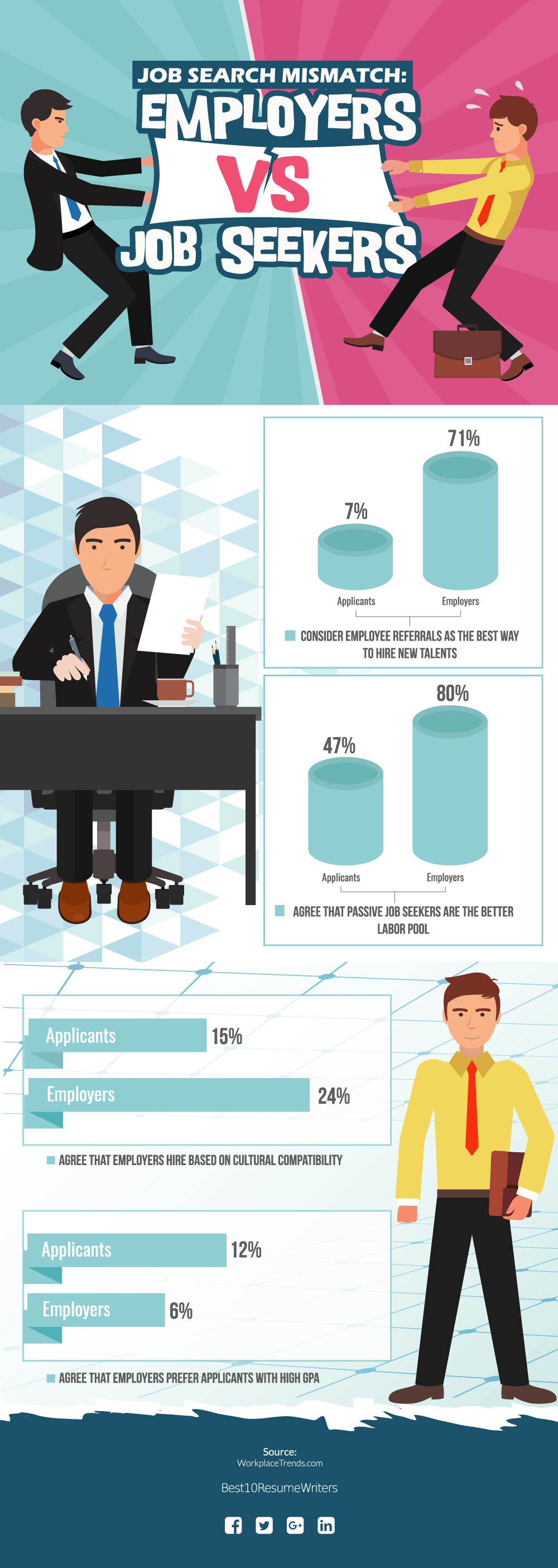Exactly how Misplaced Programs Waste Countless US Work Opportunities

Many Americans are left wondering, “Why are jobs so scarce in the USA?” Despite the presence of the headquarters of major global corporations across the country, the issue doesn’t lie in the shortage of jobs. Surprisingly, there are 6.2 million jobs that remain unfilled, even with a significant number of job seekers. As the labor market grapples with this mismatch, employment experts are urging both job seekers and employers to rethink their approaches to avoid common job search pitfalls.
Post-Recession Labor Market Mismatch
The aftermath of the Great Recession left a profound impact on the economy and the lives of everyday Americans. One of the most enduring effects was the substantial loss of job opportunities, a situation that persisted even after the recession officially ended in June 2009. This unprecedented 18-month decline, the longest in US history, led to the highest unemployment rate since the 1930s, resulting in 8.9 million workers losing their jobs.
Unfortunately, unemployment rates remain less than ideal even as the economy has displayed signs of recovery. According to Trading Economics, 7.1 million people in the USA are still without employment. This demographic accounts for the current unemployment rate of 4.4 percent. While this number is smaller than the staggering figures witnessed during the 2009 crisis, experts are noting concerning disparities between job vacancies and job applications. These disparities are categorized as interest and skills mismatches, both of which reflect a missed opportunity to enhance the overall quality of the US workforce.

Exactly where Did It Fail?
This issue stems from a lack of alignment between job seekers and available vacancies, coupled with stringent requirements set by recruiters. The labor market mismatch materializes in two distinct ways:
- Interest Mismatch – This scenario unfolds when job seekers disregard current job offers in pursuit of other positions that align with their personal preferences.
- Skills Mismatch – This situation arises when employers seek specialized skills in applicants that are relatively uncommon.
According to a survey conducted by workplace innovation experts, both employers and job seekers struggle to address each other’s specific needs. Candidates frequently present inaccurate qualifications, while employers search for unusual skill sets. Survey data underscores the significant disconnect that hampers the harmonization of employers and job seekers, making it challenging for the two parties to find suitable matches.

Employers and job seekers must find a common ground to address the challenges faced by job seekers. The same research highlights that both parties recognize internships as a valuable avenue for gaining work experience. Both employers and aspiring candidates acknowledge the significance of effective communication skills in enhancing the attractiveness of a job application, even amidst other noticeable disparities.

Just how can Employers Reduce the Joblessness Rate?
Employers should give their own workers coaching to make all of them more mindful to the altering demands at work. To fix the particular gap, they have to spot which usually areas require improvement compared to replace their own workers along with new types. Recruitment is really a slow plus expensive technique. Firms always evolve. Therefore, they must enable their personnel to accept change. They have to help all of them learn the required skills plus support these to achieve development. When strengthened workers carry out better; therefore, cutting the necessity to hire extra people.

Just how can Job Seekers Resolve the Mismatch?
Candidates should highlight the relevance of acquiring new skills and make an effort to acquire them in order to meet the demands of the job market. Particularly, the job market presents intense competition, where individuals equipped with the latest skill sets gain a competitive advantage over their counterparts in the field.
To bridge the gap in the job market mismatch, one effective strategy is to enhance your skill set. Embracing technological advancements can address the issue of an aging workforce for employers while enhancing the qualifications of job seekers, thereby improving their journey in their job search.
Resource: Trading Economics, Bureau of Labor Statistics, CNN Money, StLouisFed.org, Indeed Hiring Lab
Images courtesy: Pexels, Visual Search



